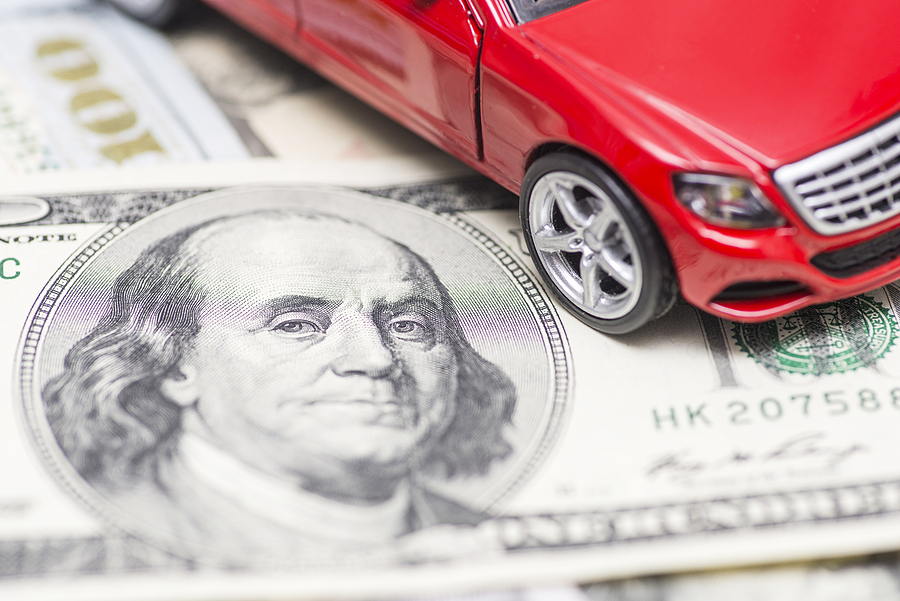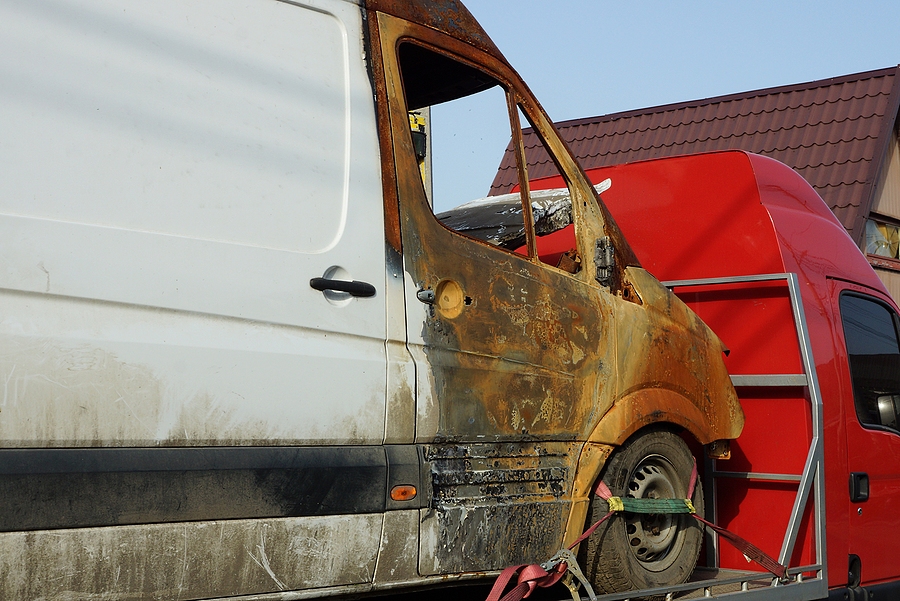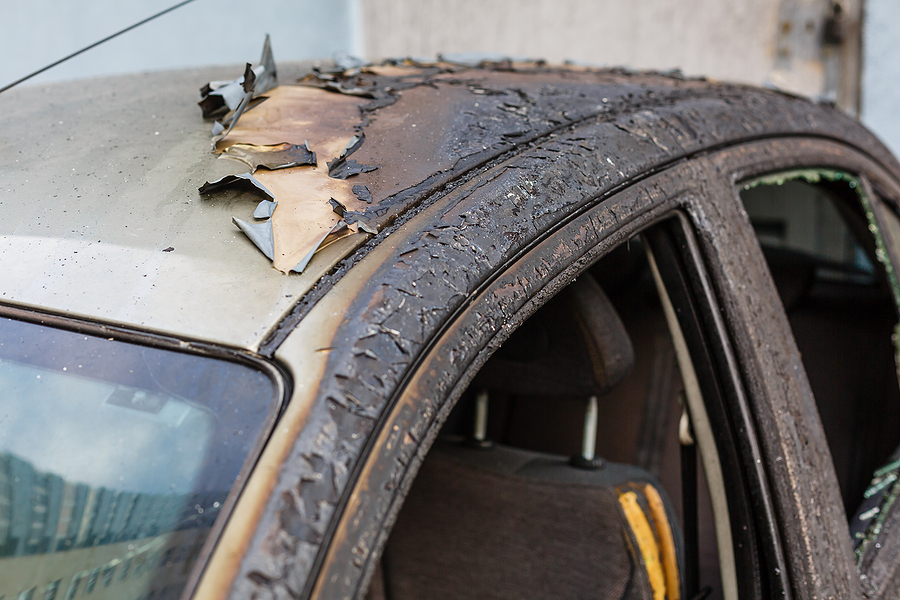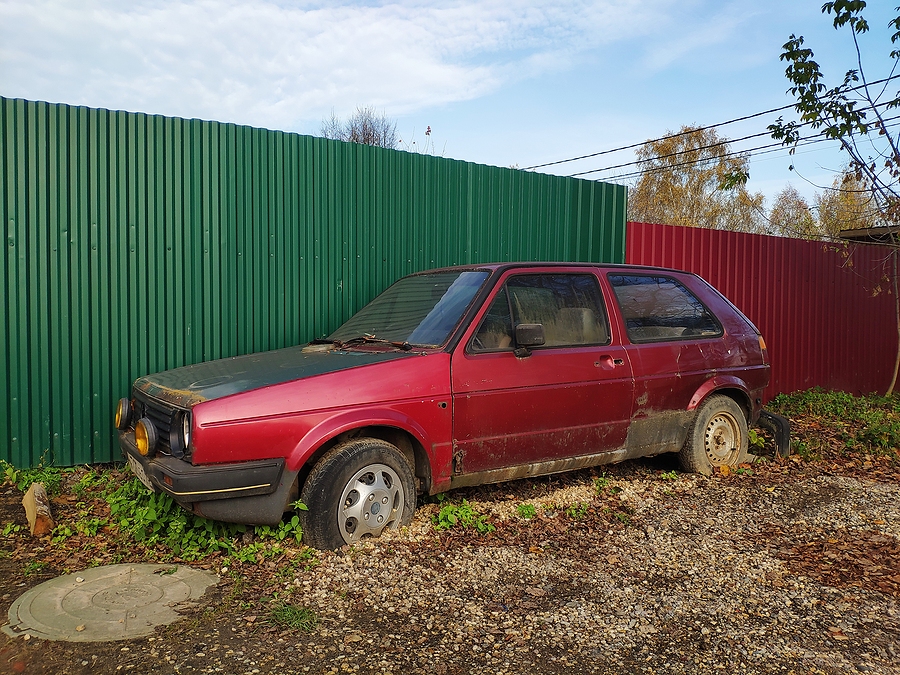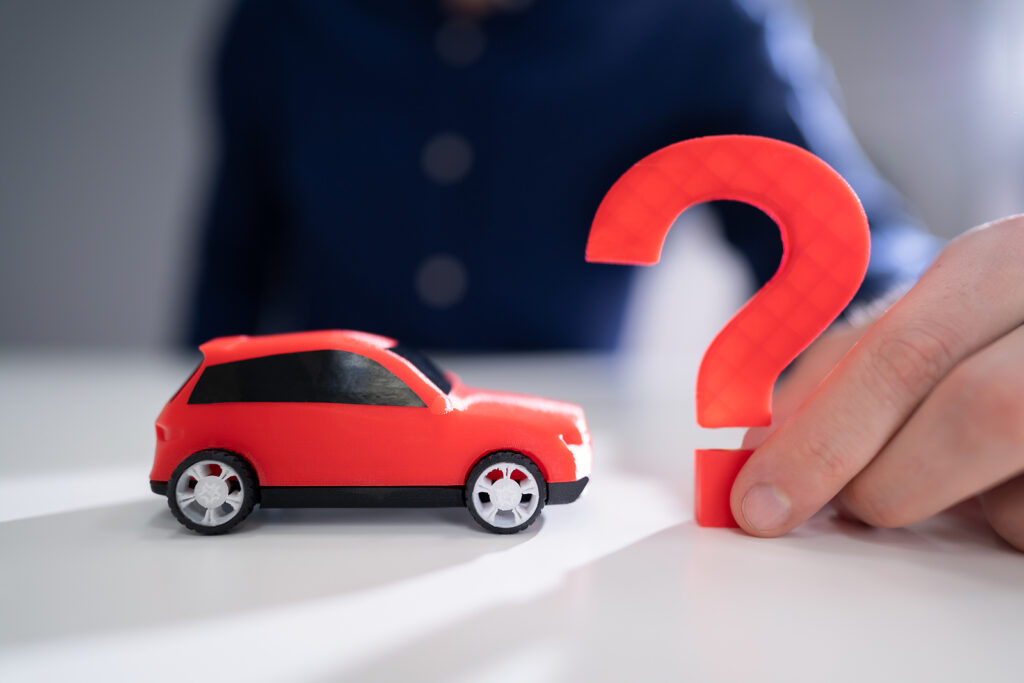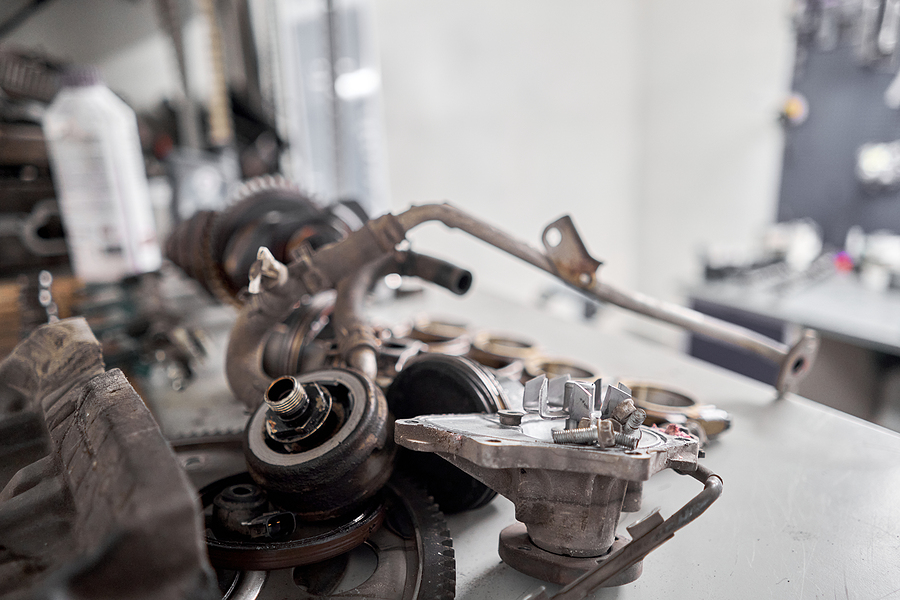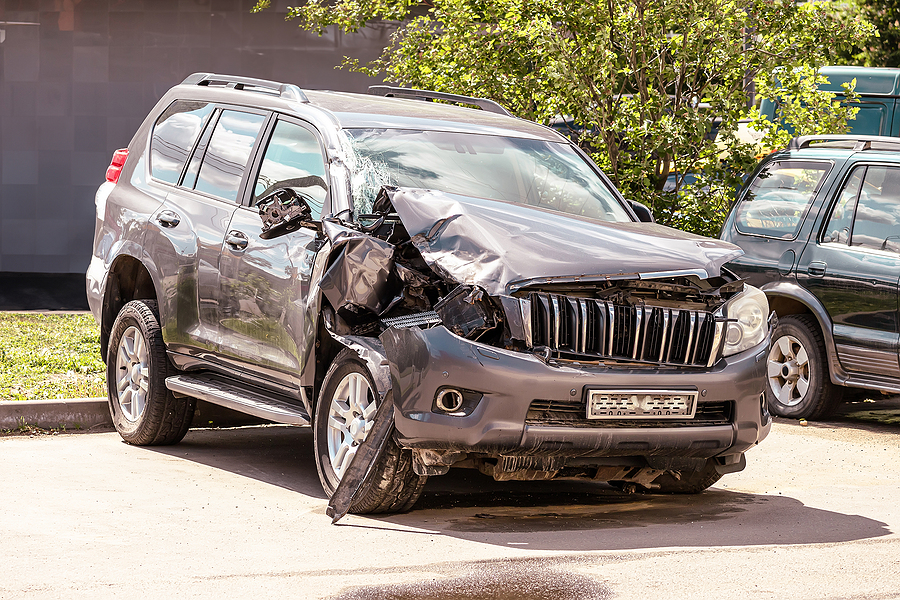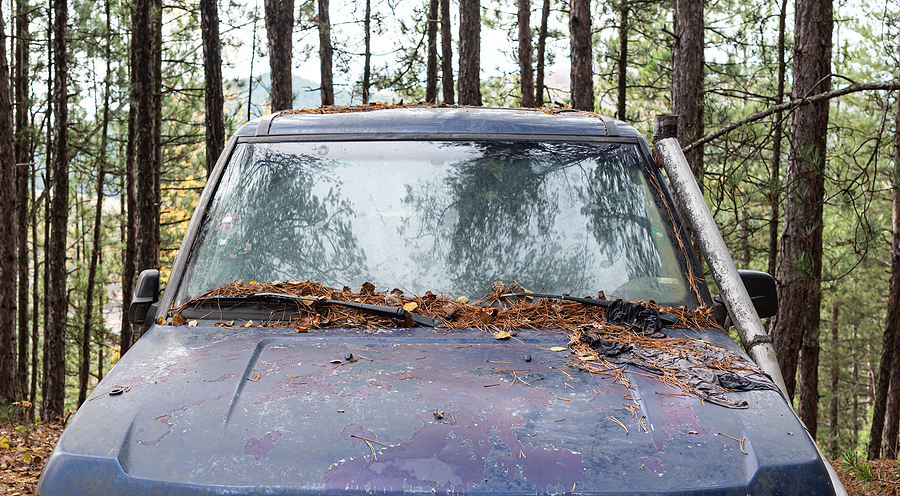If your driveway is currently housing an old, rusting vehicle, it’s time to turn that junk car into a goldmine. Welcome to our comprehensive guide on “Making the Most Out of Your Junk Car”. Here, you will not just learn about the world of Louisville junk car buyers, but also understand how you can effectively utilize junk car removal services and determine the actual cash value of your old vehicle. So, are you ready to transform that pile of metal into a pile of cash? Let’s dive in!

Finding the Right Junk Car Buyer in Louisville
As with any transaction, finding the right automotive junk buyer in Louisville is crucial when it comes to selling your junk car. You want to ensure that you are getting a fair deal and not being scammed out of your hard-earned money. This is why researching potential junk car buyers in Louisville is essential.
Start by checking online reviews and ratings for different junk car buyers in the area. You can also find their listings under different titles, like “Cash for Cars Companies”, “Auto Salvage Yards”, “Auto Scrapyards”, and “auto recyclers”. It’s also a good idea to ask for recommendations from friends and family who may have sold their old cars in the past. Once you have a list of potential businesses, reach out to them and get free quotes for your junk car.
Understanding Junk Car Removal Services
Once you’ve found the right buyer, it’s time to arrange for junk car removal services. Most junk car buyers offer free towing services, meaning they will come to your location and tow away your vehicle at no extra cost to you. This not only saves you time and effort but also eliminates the need for you to find a way to transport your junk car.
If the company does not offer free junk car removal towing, then you can expect to pay for it yourself. Sometimes they make you pay a separate transaction, while other times they simply deduct the towing/pickup fee from your original offer. Be sure to ask about this before agreeing to do business with any Kentucky junk car buyer.
Determining the Actual Cash Value
When it comes to selling your junk car, determining its actual cash value (ACV) can be a bit tricky. Unlike selling a functional vehicle, where you can base the price on factors such as age, mileage, and condition, junk cars do not have the same market value. The best way to determine the actual cash value of your junk car is to get quotes from multiple buyers and then compare them. Keep in mind that most auto scrappers will take into account the weight and condition of your vehicle when determining the price. Using junk online car calculator sites or phone apps are not an accurate determination of your junk car’s actual cash value, so beware when using them.
Conclusion
Selling your junk car may seem like a daunting task, but with the right knowledge and approach, it can be a hassle-free process that can put some extra cash in your pocket. Remember to always research potential buyers, take advantage of free towing services, and compare quotes to determine the actual cash value of your junk car. With these tips in mind, you can make the most out of your old vehicle and turn it into a profitable transaction.
So, if you have an old car lying around, don’t hesitate to take the steps towards selling it and getting the most out of it. Contact GC’s Junk Cars at 502-804-5605 to sell your car for cash on the spot to a trusted Louisville junk car buyer! We offer free junk car removal in all surrounding counties.
Related Posts:
What You Have to Do to Sell a Junk Car in Louisville Kentucky
8 Tips for Getting the Most Money When Selling a Junk Car
How to Market Your Junk Car for the Best Price

